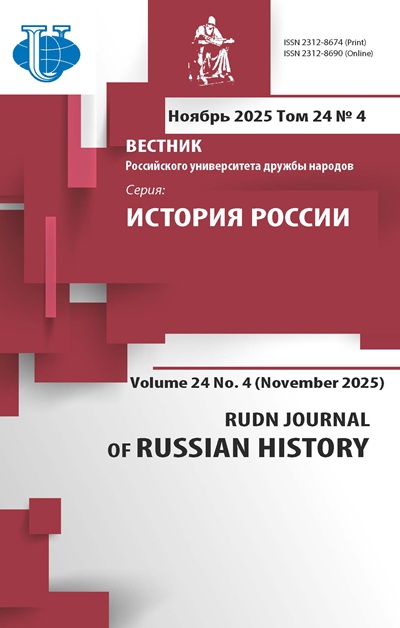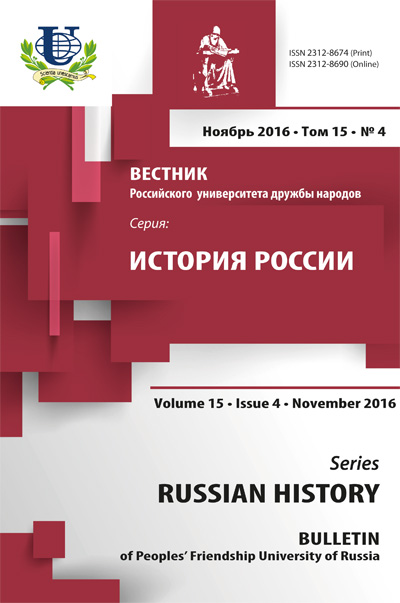EGYPT AND RUSSIA - PROSPECTS FOR COOPERATION UNDER PRESIDENT ABDEL FATTAH EL-SISI
- Authors: Khalaf S.I.1
-
Affiliations:
- Peoples’ Friendship University of Russia
- Issue: Vol 15, No 4 (2016)
- Pages: 78-88
- Section: ARTICLES
- URL: https://journals.rudn.ru/russian-history/article/view/15299
- ID: 15299
Cite item
Full text / tables, figures
Abstract
In this article the author examines the dynamics of the evolution of the Egyptian policies following the "Arab Spring Revolutions" of 2011 especially after the inauguration of Egyptian President Abdel Fattah Al-Sisi and the new trends of the Egyptian Policies in both the domestic and the international Affairs. As the main focus of this article will be the special nature of the bilateral co-operation between both countries and the prospects of its development in the key areas. Over the past years, Egypt proved to be one of the biggest trade and economic partner of Russia in the Middle East. About 100 of vital industrial projects were built in Egypt with the assistance of the Soviet Union, as these projects nowadays play an important role in the Egyptian economy. The Russian-Egyptian relations have reached a qualitatively new level, establishing an active political dialogue at all levels including the contacts on the Presidential Level which led to the bilateral governmental agreements concerning a number of major projects including the modernization of the projects that were built by the assistance of USSR expertise, including the Aswan Hydropower stations, the creation of special industrial zones for production of Russian agricultural machinery and equipment’s for the Middle East and North Africa Countries on the Egyptian Land, increasing the grain deliveries to Egypt including wheat, delivery of liquefied natural gas by "Gazprom", construction and operation of the first nuclear power plant by the State Corporation "Rosatom" in northern Egypt.
About the authors
Saad Ibrahim Khalaf
Peoples’ Friendship University of Russia
Email: saadsayed@yandex.ru
Mikluho-Maklay St., 10-2, room 302, Moscow, Russia, 117198
References
Supplementary files















